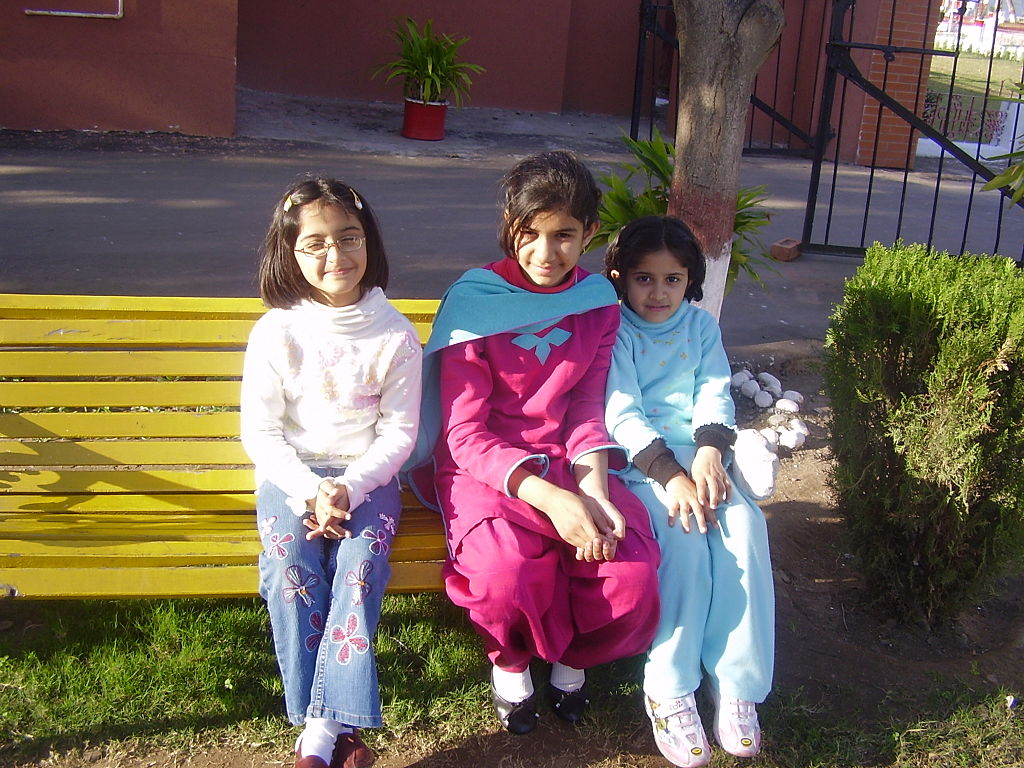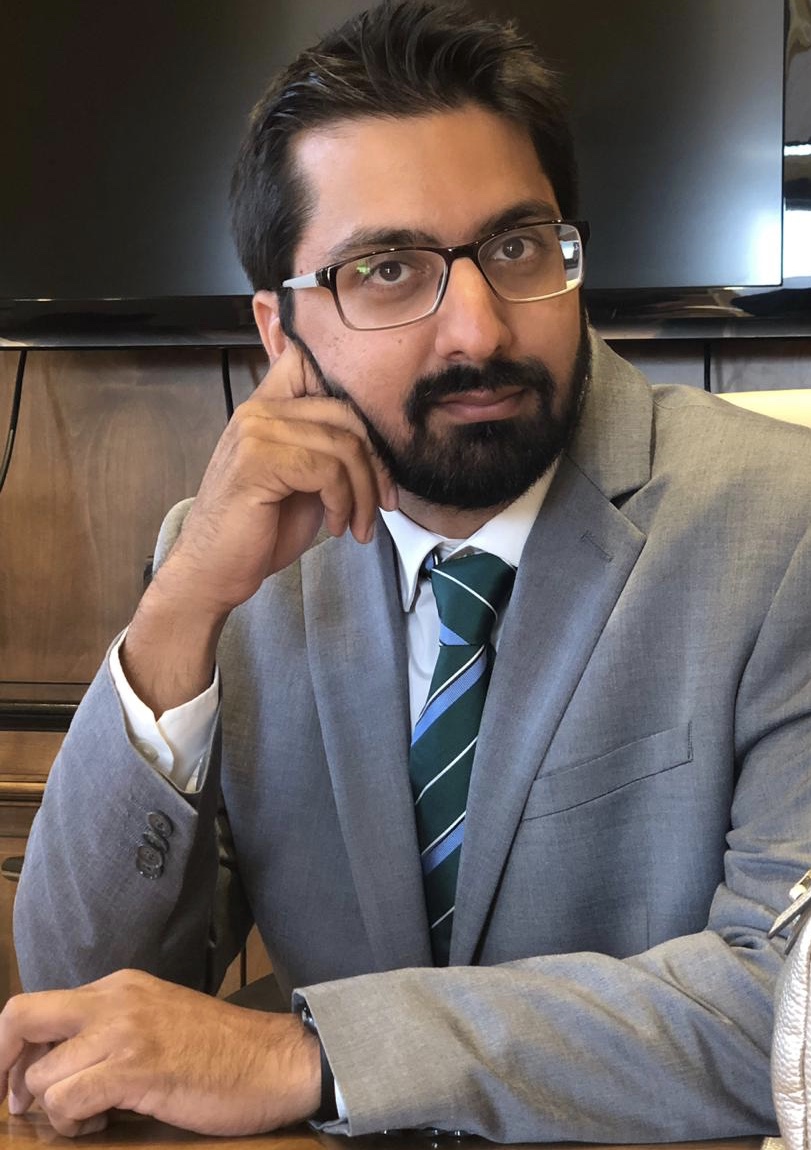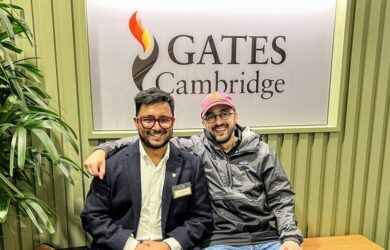
A study by Ali Ansari shows that education reforms in Pakistan's Punjab are reaching children in the more disadvantaged districts.
This research provides useful information on whether PPP programmes and public schools are targeting the most vulnerable populations.
Ali Ansari
An important reform brought in by Pakistan's most populous province which aims to get more children into education is reaching the more disadvantaged districts, according to an important new study on access.
The study of Public Private Partnership (PPP) schools in Punjab, by Gates Cambridge Scholar Ali Ansari, is thought to be the first to examine the geographic distribution of PPP schools and compares and contrasts the factors that predict whether a child attends public, PPP or private school in the province. It also takes into account issues such as parental education aspirations for their children and the level of parental involvement in children's education.
Pakistan has low enrollment levels in primary and secondary education. An estimated five million children of primary school age remain out of school across the country. In Punjab the estimated out of school population of primary school age is 1.9 million. To address this and the challenge of improving the quality of education in the province, the Government of the Punjab implemented a series of reforms over the past decade and most recently in 2018, announced its New Deal for education in the province, outlining a list of reform priorities for the next five years. One of the major interventions is aimed at scaling up access to education through Public-Private Partnership (PPP) programmes.
The analysis, published in The International Journal of Educational Development, shows that PPP schools are more likely to be located in districts where high shares of children are out-of-school. The results indicate that while private school students are the most likely to belong to more affluent households and receive private tuition, there is no evidence that students enrolled in PPP schools come from more advantaged households than public school students.
Moreover, it finds that girls are more likely to be enrolled in PPP schools than in public schools.
Another significant finding relates to the programme's ability to reach the most vulnerable populations. There are three main PPP programmes which aim to increase access to education. One is the New School Programme which offers incentives to individuals and organisations to establish new schools in underserved areas. The research finds that students enrolled in the New School Programme seem to be the most disadvantaged.
The report concludes: "Overall, the findings from this study suggest that there is no evidence that PPP programs are 'cream skimming' by enrolling students with similar profiles as private school students. The evidence indicates that the School Education Department is targeting somewhat similar populations through PPPs and public schooling initiatives. Based on the results of this study, it may even be possible that some PPP programmes such as the NSP are doing a slightly better job than public schools in targeting disadvantaged populations.
"However, if the objective of PPPs is to bridge the enrollment gap in the province and enroll out of school children, then the targeting of these programmes would need to be further refined to target the most vulnerable populations, particularly in the bottom two wealth quintiles where the bulk of the out of school children are concentrated. In addition to geographic and poverty based targeting, a focus on increasing female enrollment may also help reduce the number of out of school children given that more than half of the out of school population is female."
Ali [2018], who is doing a PhD in Education, said: "For more than a decade, the Government of Punjab in Pakistan has implemented, at scale, Public-Private Partnerships (PPPs) in Education with the objective of getting more children into school and ensuring that they learn more while in school. Currently, PPPs in Punjab cater to more than 2.5 million students and this paper seeks to evaluate who has access to PPP schools and how the profiles of students compare to public and private school students. As the provincial government continues to think through the long term strategy for PPPs in Education, this paper provides useful information on whether PPP programmes and public schools are targeting the most vulnerable populations."
*Picture credit: Khalid Mahmood and Wikimedia commons.

Ali Ansari
- Alumni
- United States
- 2018 PhD Education
- Hughes Hall
I am a firm believer that a good quality education is the foundation for economic prosperity and poverty alleviation. Since 2010, I have been working in the development sector in Pakistan on the design and implementation of education reform programs. In my current role, I am co-leading the World Bank's engagement in the Third Punjab Education Sector Project, as well as the Khyber Pakhtunkhwa Human Development Project. As a PhD student with the Education faculty in Cambridge, my objective is to further develop my research skills to work towards bridging the gap between research, program design and implementation. In a country like Pakistan, where millions of children remain out of school, and the quality of education is poor, there is enormous amounts of untapped potential that is waiting to be harnessed. I hope to play my part in ensuring that people have the opportunity to access quality education to realize their full potential, and improve the quality of their lives. I look forward to being part of the Gates Cambridge community to work with other scholars who are equally committed to improving the lives of others.
Previous Education
Cornell University
Columbia University Teachers College












